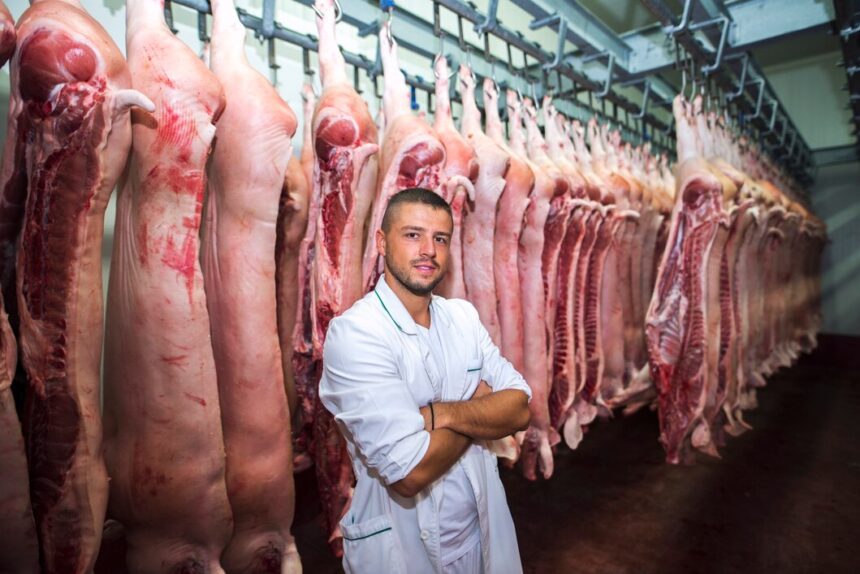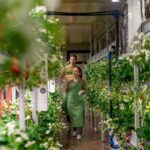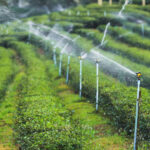Sustainable meat production is increasingly becoming a priority for farmers in South Africa, driven by environmental concerns, consumer demand for ethically produced food, and the need for long-term viability of farming practices. Here are 10 techniques that South African farmers can adopt to promote sustainable meat production:
- Grass-Fed Grazing: Encouraging cattle and sheep to graze on natural pastures rather than relying heavily on grain-fed diets can reduce environmental impact and enhance the nutritional quality of meat.
- Rotational Grazing: Implementing rotational grazing systems allows for better land management by periodically moving livestock to different paddocks. This prevents overgrazing, maintains soil health, and supports biodiversity.
- Water Management: Efficient water use is crucial. Farmers can implement water-saving techniques such as drip irrigation systems for pastures and ensuring livestock have access to clean drinking water sources that minimize waste.
- Agroforestry Integration: Introducing trees and shrubs within grazing areas through agroforestry practices can provide shade, windbreaks, and additional forage sources for livestock, enhancing ecosystem resilience.
- Natural Breeding Cycles: Allowing livestock to breed naturally according to seasonal cycles reduces the need for artificial interventions and supports animal welfare, resulting in healthier, more resilient animals.
- Integrated Pest Management (IPM): Adopting IPM strategies minimizes reliance on chemical pesticides by using natural predators, biological controls, and crop rotation to manage pests and diseases sustainably.
- Manure Management: Proper management of animal waste through composting or anaerobic digestion can produce organic fertilizers for pastures, reducing reliance on synthetic fertilizers and minimizing nutrient runoff into waterways.
- Energy Efficiency: Implementing energy-efficient practices such as solar-powered water pumps, LED lighting in barns, and energy-saving equipment reduces the farm’s carbon footprint and operating costs.
- Genetic Selection: Choosing livestock breeds adapted to local conditions and resilient to diseases and climate variability enhances productivity and reduces the need for veterinary interventions and antibiotics.
- Community Engagement: Engaging with local communities and consumers to promote transparency in farming practices, educate about sustainable meat production, and respond to consumer preferences for ethically produced meat products.
By integrating these sustainable techniques into their operations, South African farmers can enhance the resilience, efficiency, and environmental stewardship of their meat production systems. Embracing sustainable practices not only benefits the environment and animal welfare but also positions farmers to meet growing consumer demand for responsibly sourced meat products. Continuous education, innovation, and collaboration within the agricultural community are key to advancing sustainable meat production in South Africa.







